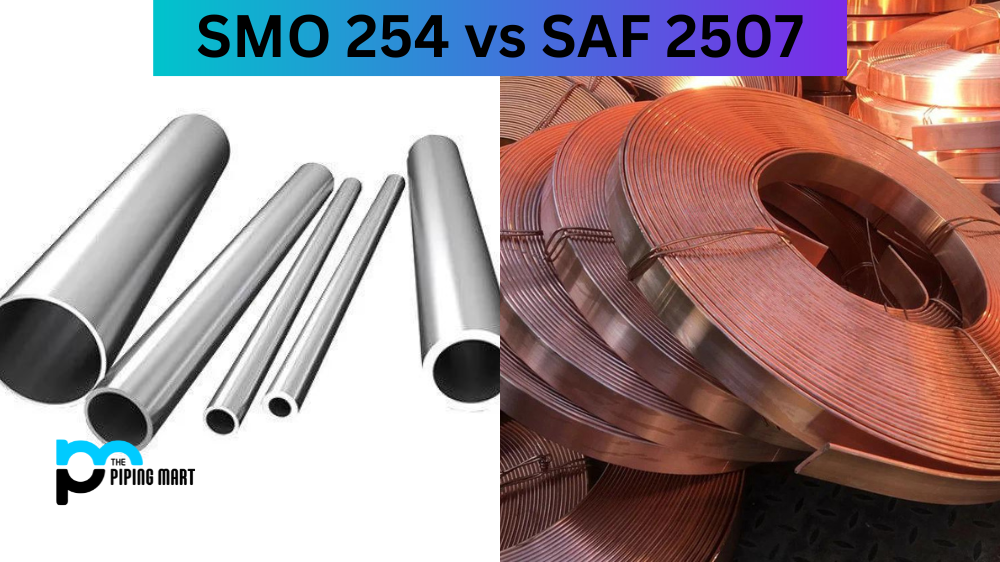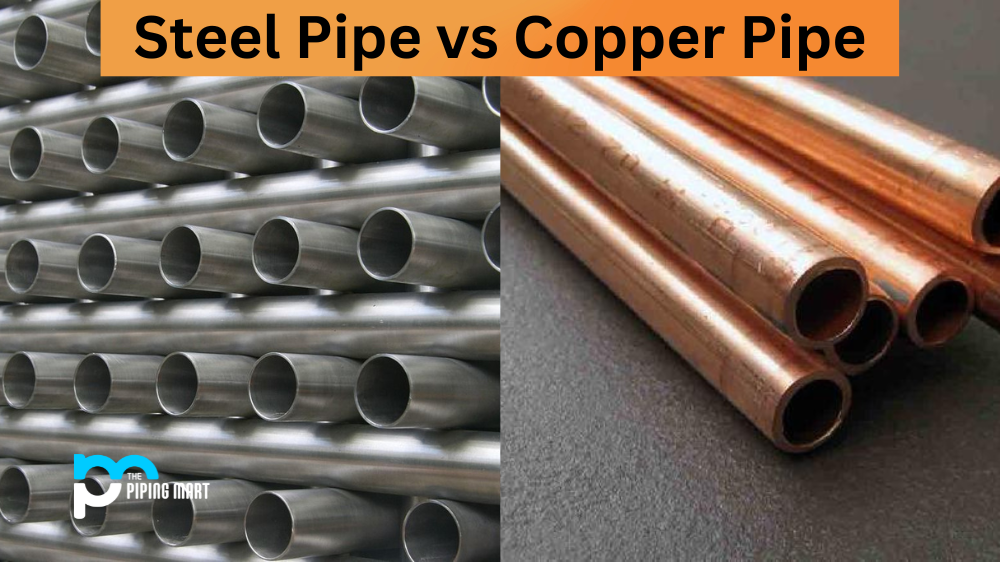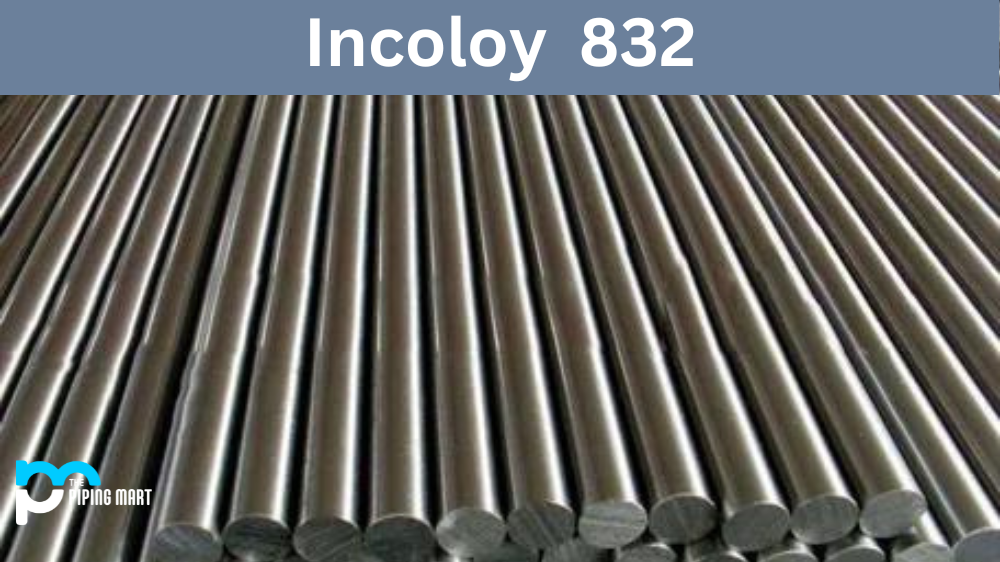When selecting the right alloy for specific applications, considering various factors is essential. Two popular alloys that experts often compare are SMO 254 and SAF 2507. These alloys are known for their outstanding corrosion resistance, durability, and strength. Moreover, they can withstand even the harshest of environments. However, which one should you choose for your project? This comprehensive guide provides a comparative analysis of SMO 254 and SAF 2507 and helps you determine the alloy for your specific needs.
Difference Between SMO 254 and SAF 2507
Composition
SMO 254 is a high-alloyed austenitic stainless steel that contains elements such as chromium, molybdenum, and nitrogen that provide excellent resistance to stress corrosion cracking, crevice corrosion, and pitting corrosion. On the other hand, SAF 2507 is a super duplex stainless steel that contains a higher concentration of chromium, molybdenum, and nitrogen than SMO 254. Hence, it offers better corrosion resistance and strength properties, making it more suitable for offshore, oil and gas industry, and chemical processing applications.
Weldability
SMO 254 has excellent weldability characteristics, making it a popular welding choice, even in thicker sections. Welding SMO 254 can be done using standard procedures, and the metal does not require post-weld heat treatment. However, SAF 2507 is slightly less weldable compared to SMO 254, and it requires more care during welding and post-weld heat treatment due to its high strength and corrosion-resistant properties.
Price
Regarding the price, SAF 2507 is slightly more expensive than SMO 254 since it contains many high-cost alloys. If you choose an alloy solely based on price, then SMO 254 may be a better option.
Strength and Durability
Both SMO 254 and SAF 2507 are durable and offer high strength. However, SAF 2507 is a super duplex alloy with a higher tensile strength than SMO 254. SAF 2507’s higher tensile strength makes it more suitable for harsh, high-stress environments like marine and offshore.
Application
SMO 254 offers excellent corrosion resistance to various environments, making it suitable for applications like desalination, pulp and paper processing, wastewater treatment, and more. SAF 2507 is particularly apt for use in the petrochemical and chemical-processing industry due to its high strength and excellent resistance to chlorides and other aggressive media.
Conclusion
Selecting the right alloy for the required application depends on several factors, including the environment, cost, weldability, strength, and corrosion resistance. To summarize, SMO 254 is a better choice for applications not requiring extreme strength and durability. At the same time, SAF 2507 is an excellent choice for applications that require exceptional strength, durability, and corrosion resistance. Understanding the properties and suitability of each alloy mentioned above can help you determine which is right for your project.

Meet Bhavesh, a seasoned blogger with a wealth of knowledge and experience. From metal products manufacturing to retail, Bhavesh has a diverse background in various industries and is dedicated to sharing his insights and expertise with readers.




